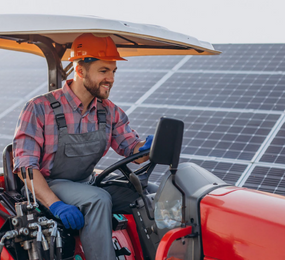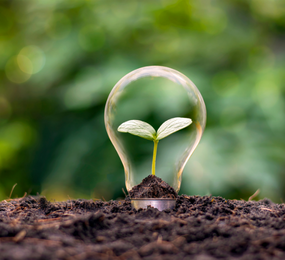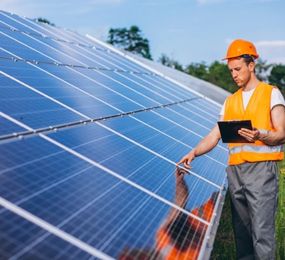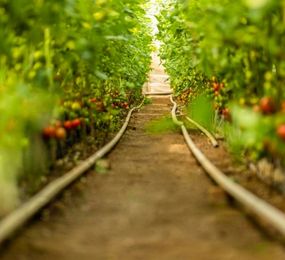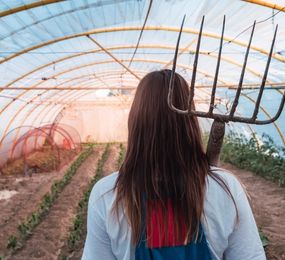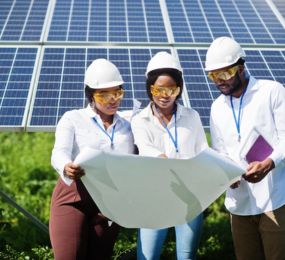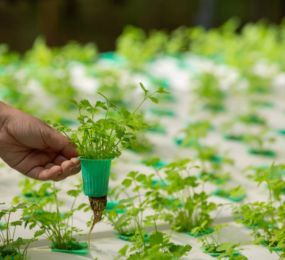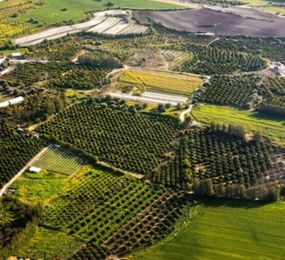While traditional solar farms and AgriVoltaics harness the sun's power for clean energy generation, their approaches differ significantly. Let's explore the key distinctions that set these two methods apart.
Land-Use Focus:
-
Traditional Solar Farms: Dedicated to solar energy production, traditional solar farms utilize large swathes of land exclusively for solar panels. While efficient for energy generation, this approach removes the land from agricultural use, potentially impacting food security.
-
AgriVoltaics: A champion of dual-use land, AgriVoltaics integrates solar panels within existing farms. Crops are grown underneath the panels, maximizing land use and fostering a coexistence of clean energy and food production.
Impact on Agriculture:
-
Traditional Solar Farms: Land conversion for traditional solar farms can displace agricultural activities and potentially reduce food production capacity.
-
AgriVoltaics: Research suggests that certain crops can benefit from the partial shade provided by solar panels in AgriVoltaics systems. This can lead to increased yields and improved crop quality in some cases, potentially boosting food security.
Environmental Considerations:
-
Both approaches: Both traditional solar farms and AgriVoltaics contribute to a cleaner environment by generating clean energy and reducing reliance on fossil fuels.
-
AgriVoltaics: The partial shade provided by solar panels in AgriVoltaics systems can potentially reduce water evaporation from the soil, leading to improved water management and potentially mitigating the impact on surrounding ecosystems.
The Future of Sustainable Energy:
Traditional solar farms and AgriVoltaics are not necessarily rivals, but rather complementary approaches. Traditional solar farms remain crucial for large-scale energy generation on land unsuitable for agriculture. AgriVoltaics, on the other hand, unlocks the potential for clean energy production while preserving valuable agricultural land.
By strategically utilizing both approaches, we can cultivate a future where clean energy and sustainable food production can thrive side-by-side, ensuring a more secure and sustainable future for future generations.
To register or learn more about the Forum please check here:http://bit.ly/3kR0v2R.
For more information and group participation, contact us: [email protected]


